The key to resisting African swine fever may lie in the gut microbiota
A study concludes that intragastric transplantation of African warthog feces into piglets improved protection against an attenuated strain of the virus.
Intragastric transplantation of African warthog feces into piglets improved protection against an attenuated strain of the African swine fever virus (ASF), coinciding with a potent stimulation of mucosal immunity transplanted animals.
This is the conclusion of a study led by researchers from the Animal Health Research Center (Cresa), the Agri-Food Research and Technology Institute (IRTA), in which researchers from the Barcelona Zoo Biological Bank and the Animal Health and Anatomy Department have participated. from the Autonomous University of Barcelona (UAB), as well as multiple national and international collaborators, and whose results have been published in the Scientific reports magazine.
The work is part of Jinya Zhang's doctoral thesis, led by researchers Flor Correa and Fernando Rodríguez, from IRTA-CReSA, and Jorge Martínez, researcher from the UAB at IRTA-CReSA.
According to Fernando Rodríguez, "although we are still far from understanding the mechanisms involved in the protection provided, our results allow us to definitively demonstrate that the resistance of African warthogs to ASF is not only due to their genetics but also to external environmental factors."
Immunoglobulin increase
The research has found an increase in secretory immunoglobulins (IgA) in pigs transplanted with warthog feces, compared to what was observed in control animals without transplantation or transplanted with pig feces.
These IgA produced by plasma cells originally resident in the mucosa play a key role in mucosal immunity and the regulation of innate and adaptive immunity, which could explain the protection offered against E75CV1 infection ( an attenuated strain of the virus). In this sense, IgAs are capable of promoting IFN-γ expression through a mechanism mediated by TNF-α. Both cytokines are known to play important roles in the protection against the ASF virus.
A devastating disease
The African Swine Fever virus (ASFV) is the causal agent of a hemorrhagic disease that affects domestic pigs and wild boars and is currently the most devastating disease for world swine production. In domestic pigs (Sus scrofa), ASFV infection, depending on the strain, can range from chronic or subclinical to subacute or hyperacute, with mortalities that can reach 100% of individuals.
Although very serious for domestic pigs and European wild boars, ASFV circulates subclinically in African warthogs (Phacochoerus africanus) and other species of African wild pigs (Potamochoerus porcus), acting as reservoirs for the virus in nature.
Along with genetic differences, other factors could be involved in the differential susceptibility to ASF observed between Eurasian swine (Sus scrofa) and African warthog (Phacochoerus africanus).
Thus, previous IRTA-Cresa results demonstrated that domestic pigs raised in facilities free of specific pathogens (SPF) were extremely susceptible to highly attenuated ASFV strains. In contrast, these strains were safe for genetically identical domestic pigs raised on farms. Conventional.
With this premise in mind, the researchers hypothesized that the microbiota could play a not inconsiderable role, along with genetics, in resistance to the ASF virus, asking the following question:
Fecal transplantation, an effective therapy
There are almost no studies in pigs regarding the therapeutic or prophylactic effects of intestinal microbiota transplantation. However, in human medicine, it has been seen that fecal transplantation is the only effective therapy against complications caused by Clostridium difficile infection. And the role that pro and prebiotics play in gut health is becoming increasingly known.
Thus, seeing that the intestinal microbiota plays an important role in the maintenance of intestinal homeostasis, the regulation of the maturation of the immune system, and the functionality of the innate/adaptive immune responses, would a transplant of fecal microbiota from African warthogs to domestic pigs affect your susceptibility to ASF virus?
To verify this, weaned piglets were transplanted into fecal microbiota from African warthogs or domestic pigs and subsequently challenged with a virulent or attenuated strain of the ASF virus.
Reduction of the virus was observed.
When the virulent strain (E75) was inoculated intramuscularly, no differences were observed in any of the cases. However, a very significant reduction of the virus in serum, in nasal shedding of the virus, and clinical signs was observed when pigs transplanted with African wild boar feces were challenged E75CV1, an attenuated strain of the virus intramuscularly. ASF, and compared to pigs transplanted with domestic pig feces. "The next step will be to identify the individual components of this microbiota and characterize their protective potential against the ASF virus to be able to use them as probiotics," adds Fernando Rodríguez.
Zhang, J., Rodríguez, F., Navas, M.J. et al. Faecal microbiota transplantation from warthog to pig confirms the influence of the gut microbiota on African swine fever susceptibility. Sci Rep 10, 17605 (2020). https://doi.org/10.1038/s41598-020-74651-3


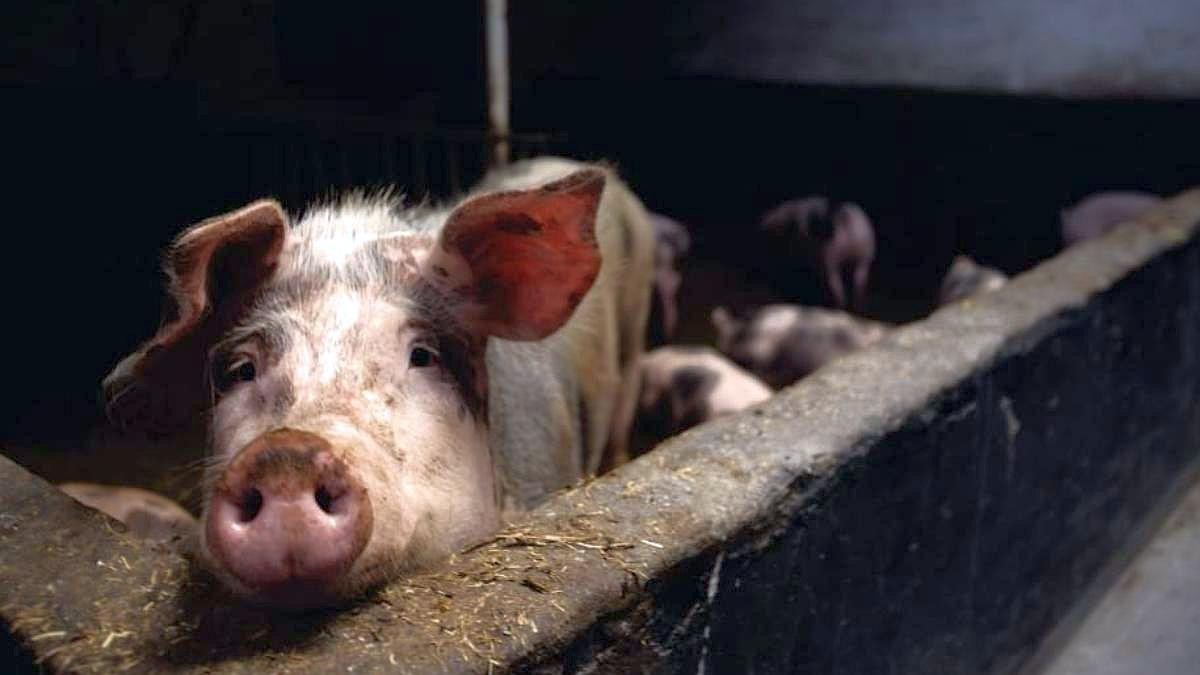
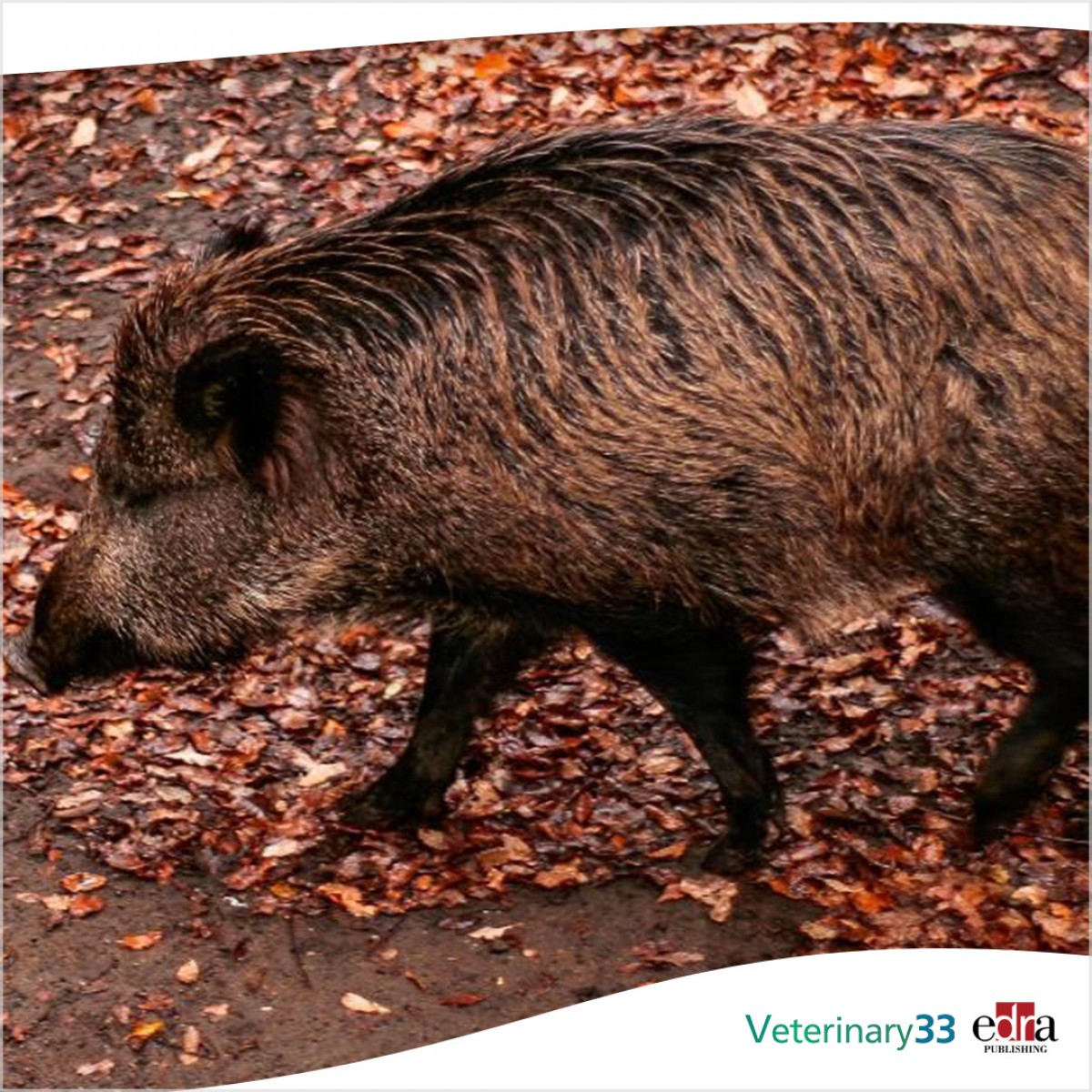
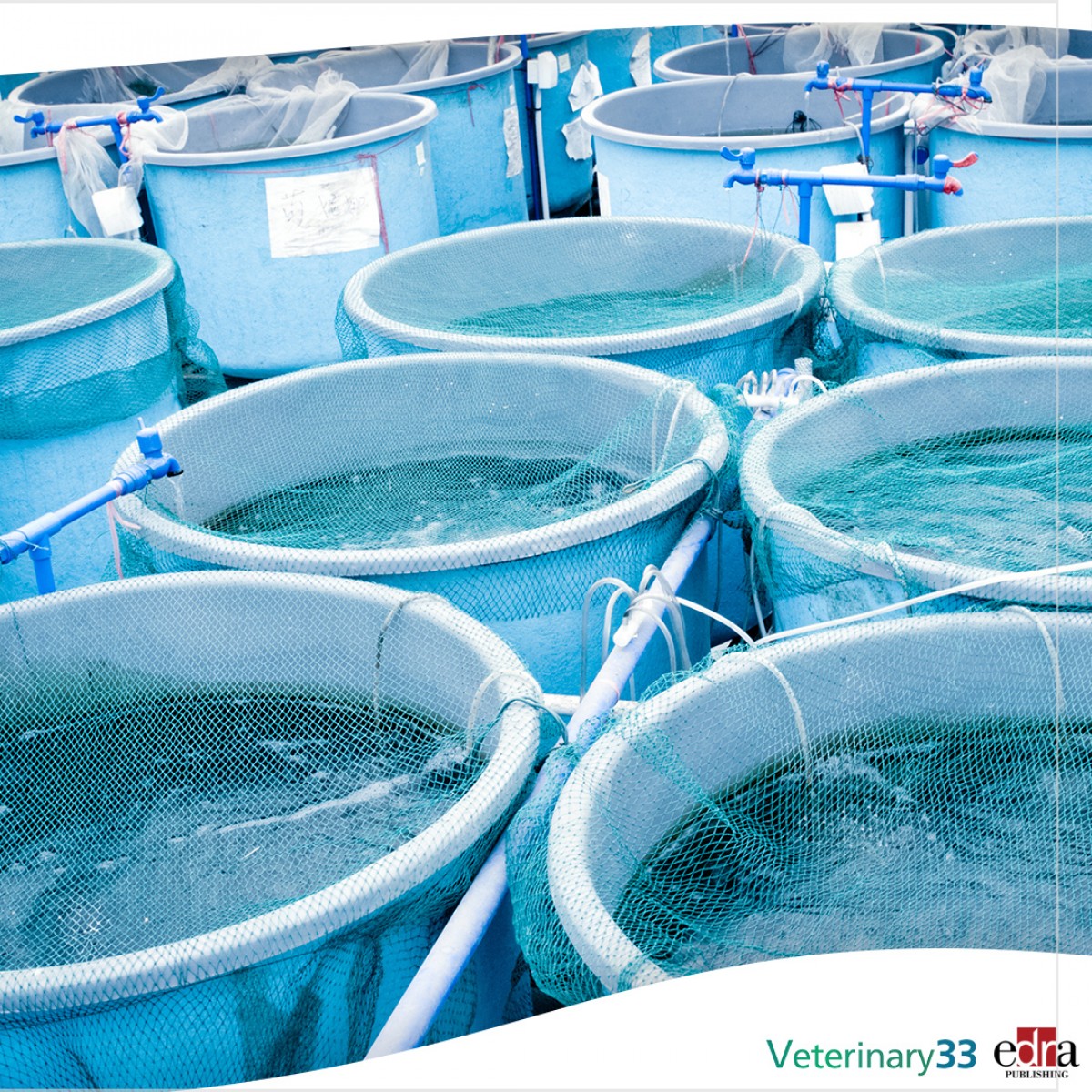
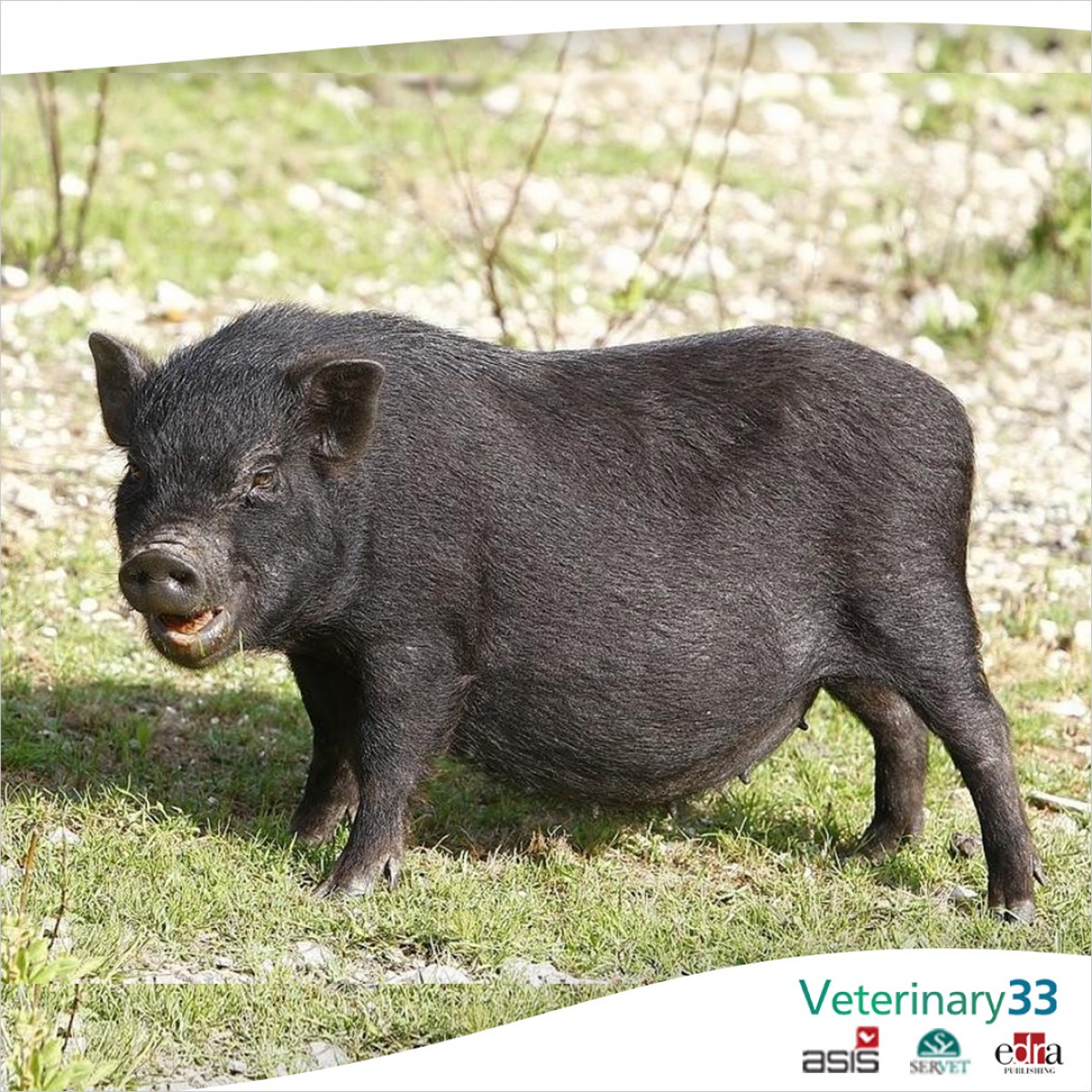
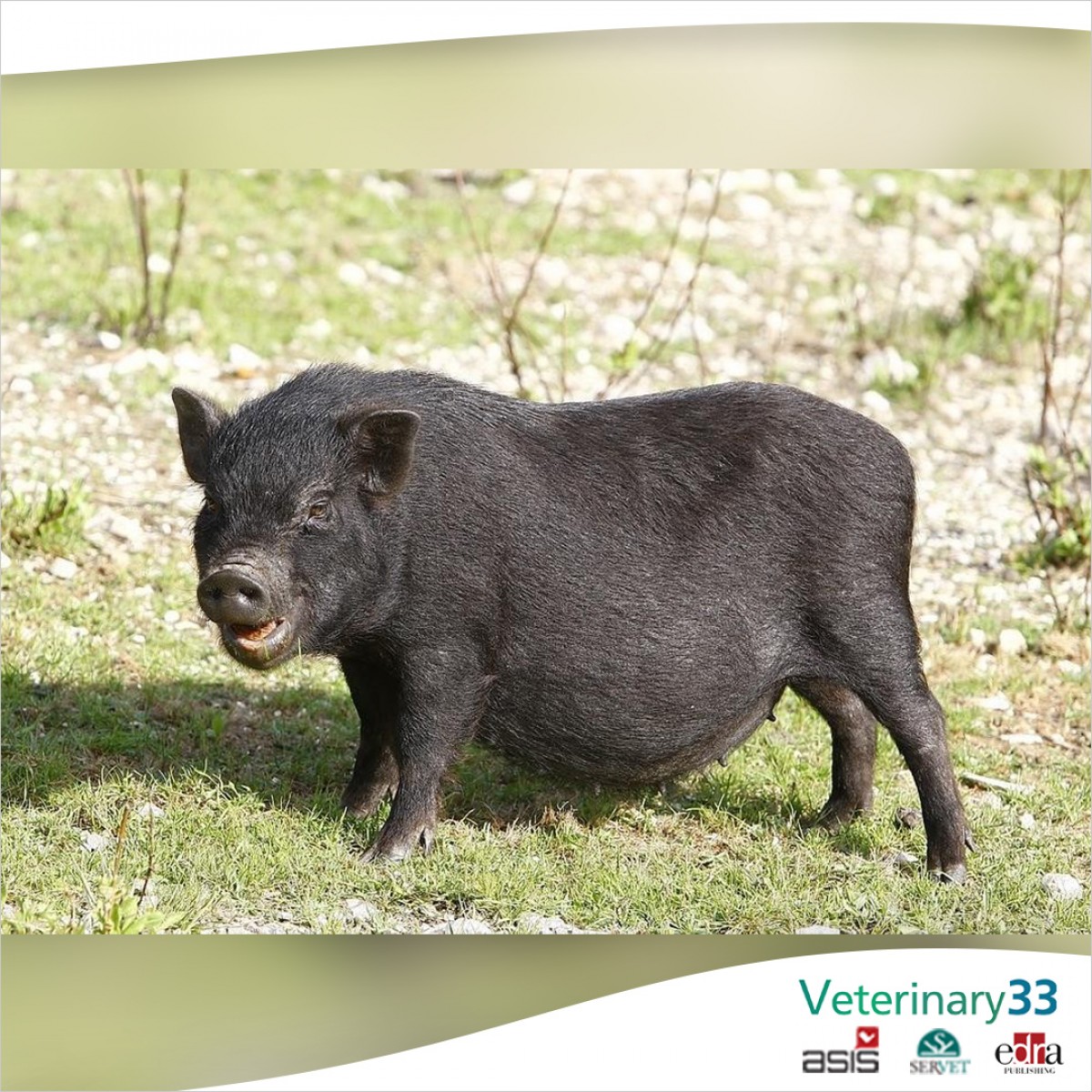
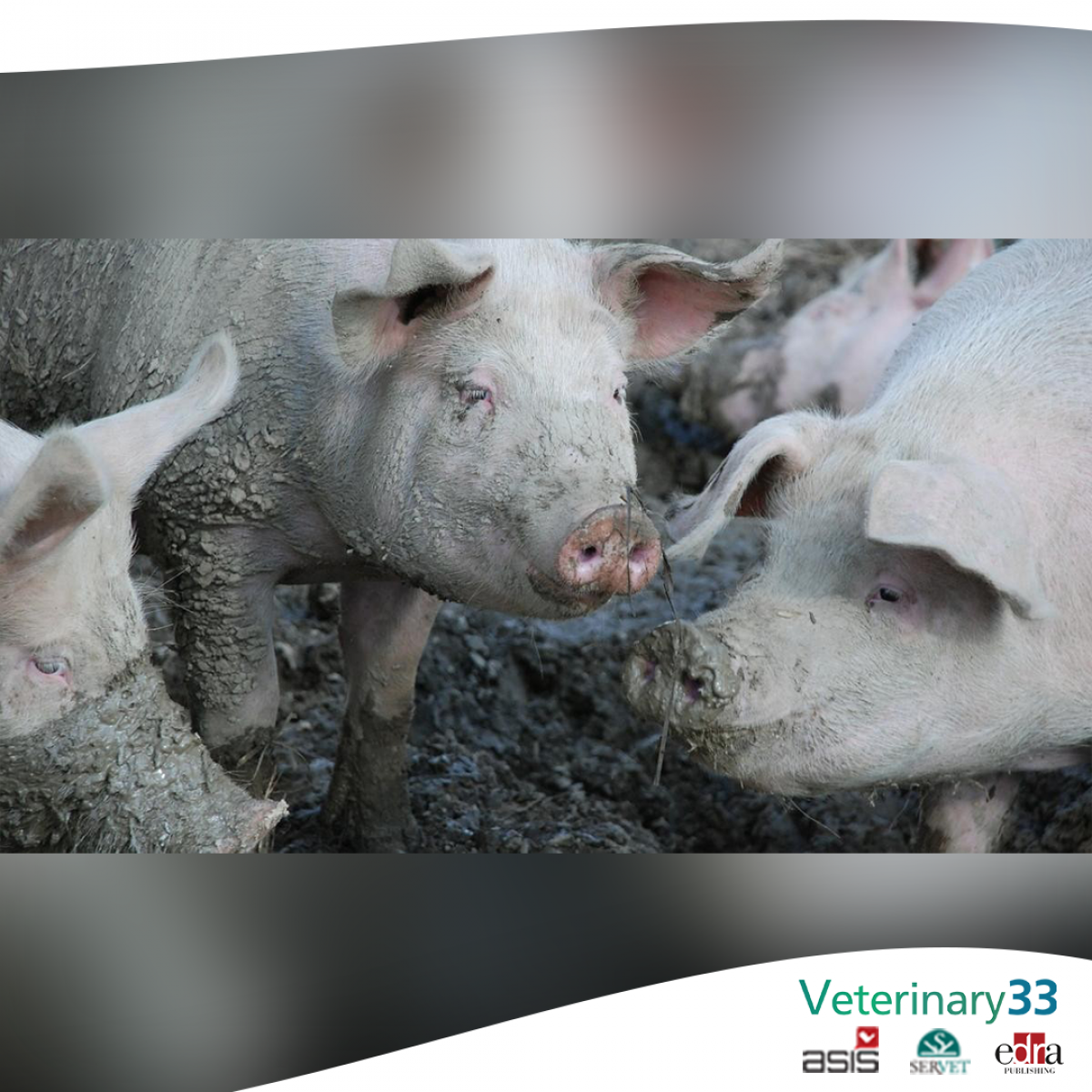






List
Add
Please enter a comment